Coronavirus (COVID-19)

Managing the risks from Coronavirus (COVID-19)
What should an employer do to protect workers and others at a workplace?
Under the model WHS laws, employers must have measures in place to eliminate or manage the risks arising from COVID-19.
To do this, you should keep up to date with the latest COVID-19 information and advice to ensure that any action taken is appropriate. This includes closely monitoring the information provided by the Australian Government Department of Health, the Smartraveller website and advice from state or territory government agencies, including health departments and WHS regulators. See the Information and Resources section below for links to these agencies.
You will not be able to completely eliminate the risk of workers contracting COVID-19 while carrying out work. However you must do all that is reasonably practicable to minimise that risk.

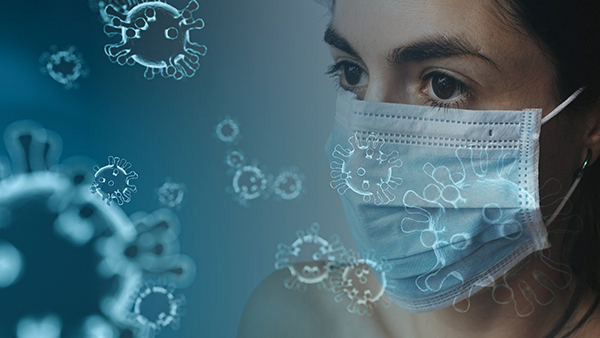
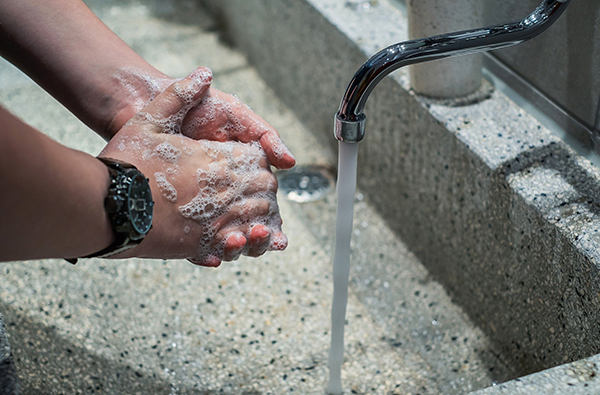

Control Measures
What control measures will be reasonably practicable will depend on the work being carried out by workers and particular workplaces. Generally, you should:
- continually monitor relevant information sources and update control measures when and if necessary. Employers should continue to provide information to workers, including changes to control measures, as the situation develops
- implement those measures and clearly communicate them to all workers, including providing clear direction and guidance about what is expected of workers
- workers should know when to stay away from the workplace
- what action to take if they become unwell, and
- what symptoms to be concerned about
- determine appropriate control measures in consultation with workers, their representatives and taking account of official information sources
- provide workers with continued access to official government sources for current information and advice
provide workers with appropriate personal protective equipment and facilities, and information and training on how and why they are required to use them - require workers to practice good hygiene, including:
- frequent hand washing
- limiting contact with others, including through shaking hands, and
- covering their mouths while coughing or sneezing
- require workers to stay away from the workplace if they are unwell and not fit for work, and encourage them to seek medical advice as appropriate
- seek advice from health authorities immediately if there has been a confirmed case of COVID-19 in your workplace
- limit access to the workplace by other people, unless necessary
- reconsider work-related travel and implement other methods of communication
- for example, rather than requiring employees to undertake air travel to attend face to face meetings, facilitate attendance by tele or videoconference
- remind workers that they have a duty to take reasonable care for their own health and safety and to not adversely affect the health and safety of others.
- provide workers with a point of contact to discuss their concerns, and access to support services, including employee assistance programs
- allow workers to access available entitlements in line with obligations under any applicable enterprise agreement, award, employees’ contracts of employment, and workplace policies.
What should an employer do if they cannot get supplies of real or perceived necessities (e.g. hand sanitiser, masks)?
Under the model WHS laws, employers must do everything that is reasonably practicable to eliminate the risk of a worker contracting COVID-19 at the workplace, or where this is not reasonably practicable, they must minimise the risk of a worker contracting COVID-19 at the workplace. This means employers must provide a work environment that is without risk to health and safety, including access to facilities for good hygiene such as adequate supply of soap, water and toilet paper; and make sure these are kept clean, properly stocked and in good working order.
If those supplies are not available, for the purposes of the model WHS laws, it would not be reasonably practicable for an employer to provide them. For example:
- If there are no supplies of masks in Australia, an employer cannot be required, to provide a mask. In those circumstances, an employer should consider what alternative measures or approaches can be taken to eliminate or minimise risk.
- If there are no supplies of hand sanitiser, a PCBU should consider providing access to soap rather than hand sanitiser.
Ultimately however, if an employer is unable to obtain necessary supplies to provide a work environment that is without risks, they should consider whether the risks posed to workers and others at the workplace are so great that workers should not be required to attend the workplace and perform work. This will need to be determined on a case by case basis.
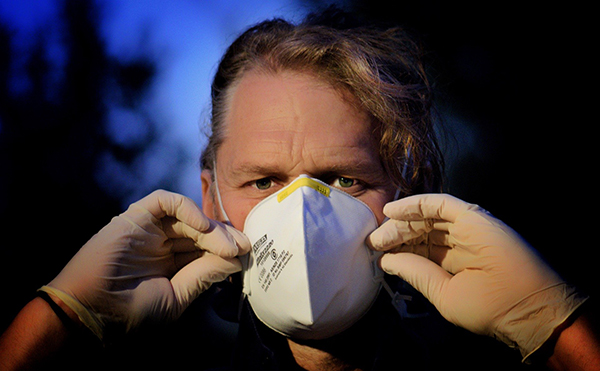
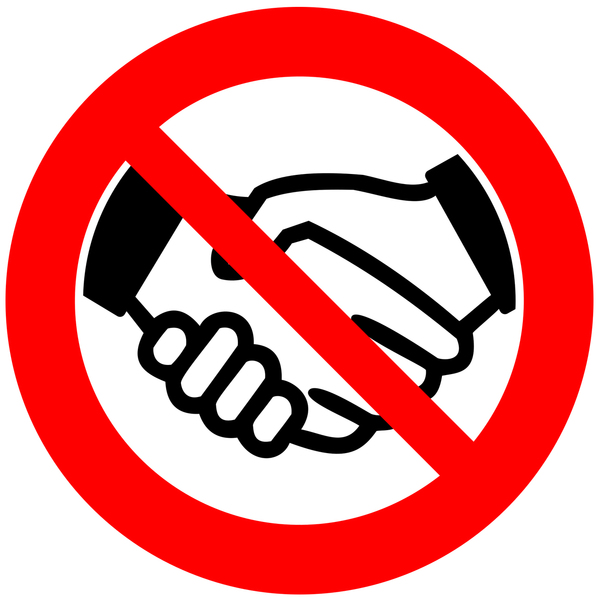
Worker responsibilities
Workers also have a duty to take reasonable care for their own health and safety and to not adversely affect the health and safety of others. Workers should always practice good hygiene and other measures to protect against infections, including:
- avoid close contact with anyone with cold or flu-like symptoms
- covering their mouth and nose while coughing or sneezing
- disposing of used tissues immediately
- washing their hands often, with soap and water for a minimum of 20 seconds
- carrying hand sanitiser and using it as needed
- not shaking hands
- where possible, avoiding shared use of phones, desks, offices, or other work tools and equipment
- seeing a health care professional if they start to feel unwell and staying away from the workplace and other public places
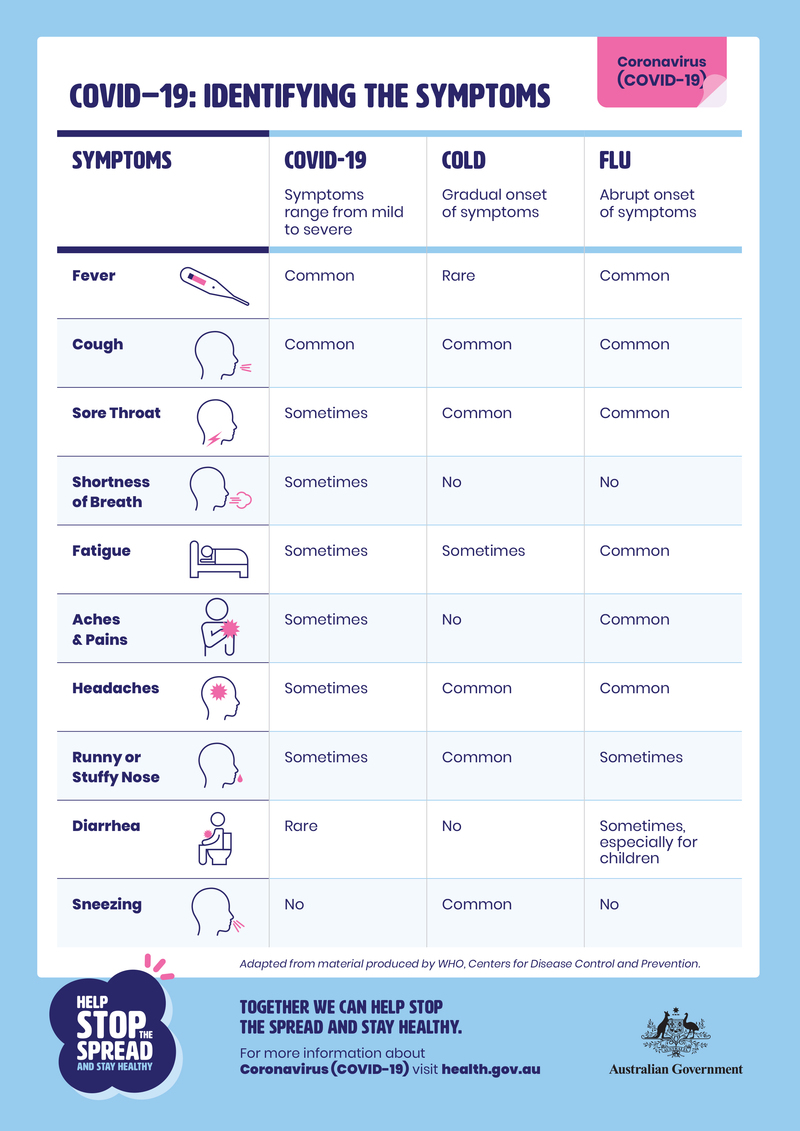
Reliable sources of information
Coronavirus Health Information Line: 1800 020 080
World Health Organisation: Coronavirus disease (COVID-19) technical guidance
National updates: https://www.health.gov.au/
Check your symptoms: https://www.healthdirect.gov.au/The Latest travel advice: https://www.smartraveller.gov.au/

